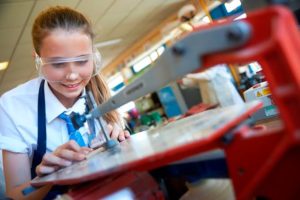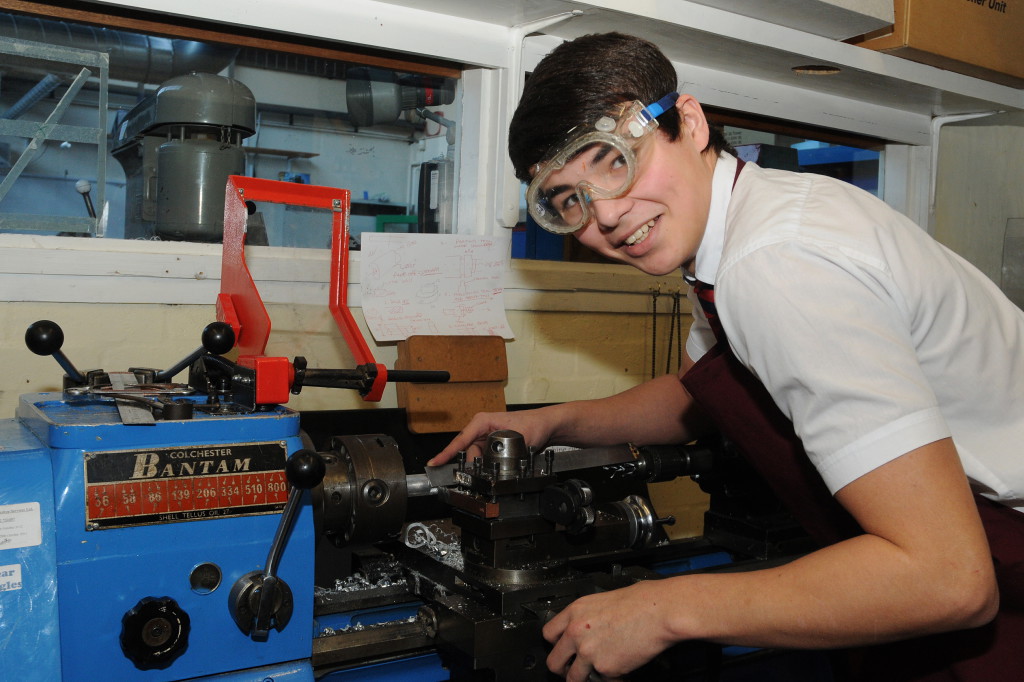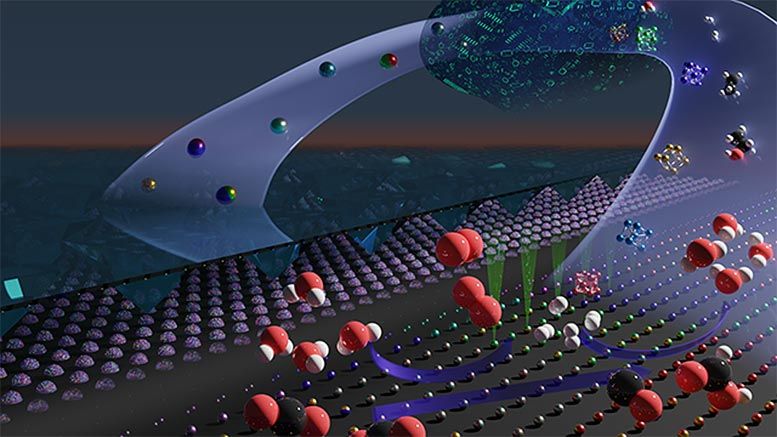Designing, making, evaluating and testing are the backbone of Resistant Materials at Chilton. This is a curriculum area which is greatly enjoyed by pupils who learn through making. Resistant Materials draws on students’ creativity and problem solving skills and uses the application of science to produce products with potentially commercial application. Resistant Materials technology provides an important insight into the manufactured world in which we live. In small, well-resourced, mixed ability classes pupils develop an understanding of the impact of design and technology on society. They learn to apply value judgments of an aesthetic, economic, moral and social nature when evaluating their own design work and the work of others. In designing and making products pupils will develop the ability to manage their time, organise resources, respond to feedback and take pride in their work. Students study resistant materials from Year 7 upwards and many of them opt to take this subject as one of their GCSEs.

Resistant Materials
In Key Stage 4 Resistant Materials lessons students are taught how to research a design problem, communicate their design solutions using sketching and CAD (computer aided design) and then take those ideas to manufacture through modeling and testing. Students will learn manufacturing skills related to wood, metal, plastic and composite materials, they will use CAM (computer aided manufacture) and machine and hand tools to make their ideas. They have access to a full workshop of specialist tools, including a laser cutter, and lessons are taught in a well-equipped and well organised workshop. We offer AQA GCSE, as we find this exam board offers the right blend of flexibility and academic rigour. This course has a 60 percent practical controlled assessment in which the pupils will design and manufacture their own product. 40 percent of the marks are gained through a written exam, which tests students’ knowledge of manufacturing processes, materials and the environmental impact of design in society.
Students Of RMT At GCSE Are Well Equipped To Go On To Study Product Design At A Level:
All students are given the opportunity to work on their projects outside of curriculum time.Qualifications in RMT and Product Design can lead to following a career or a further qualification in architecture, Industrial design, product design, interior design, engineering, to name but a few. It is respected by universities as it requires students to be self directed, organise their time and meet deadlines. Mr Phillips is an incredibly patient and experienced teacher. He instills a love of the environment and teaches them to work in a truly ecologically sound way. Students who study Resistant Materials at Chilton have access to a range of skills that will take them forward in life – whether it is taking pride in a beautifully turned piece of wood, being able to construct a dovetail joint or using the using the laser cutter to create a prototype of a design. Many of our students find that they also develop a love of woodwork that leads them to explore a career path in cabinet making and other highly skilled roles. Study with Mr Phillips offers our students an unusual blend of highly demanding traditional and technologically driven skills.




